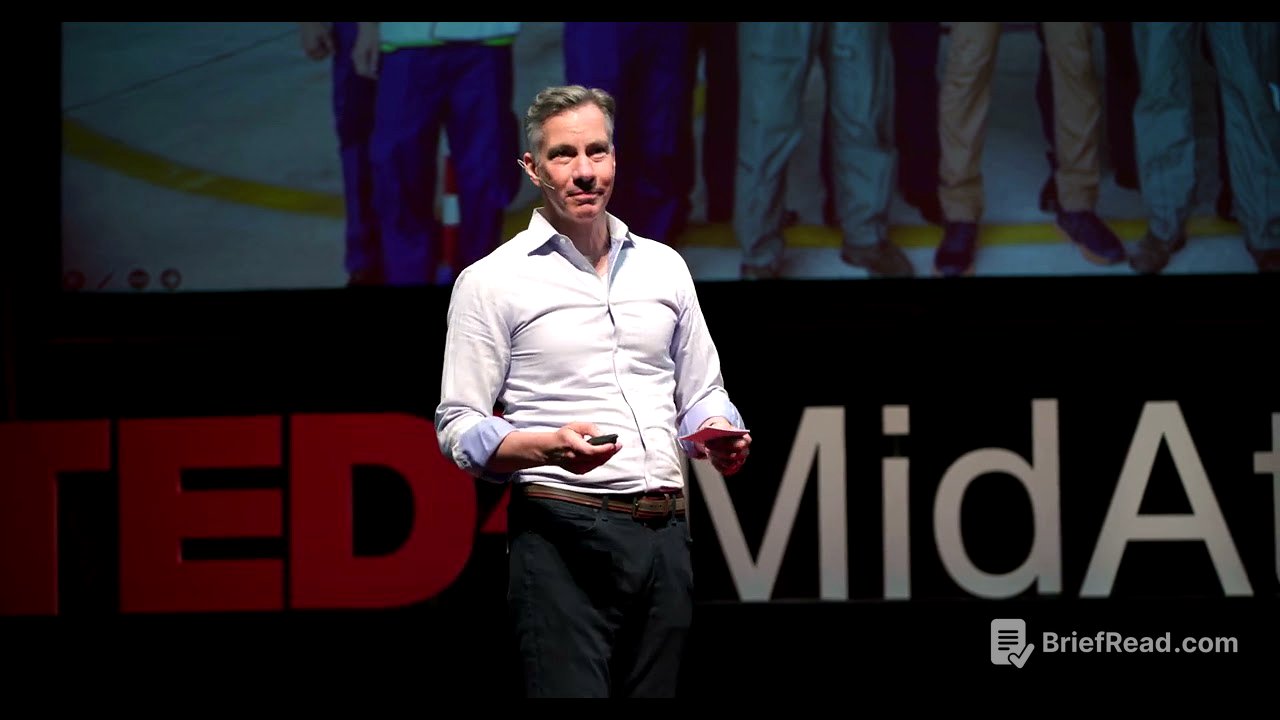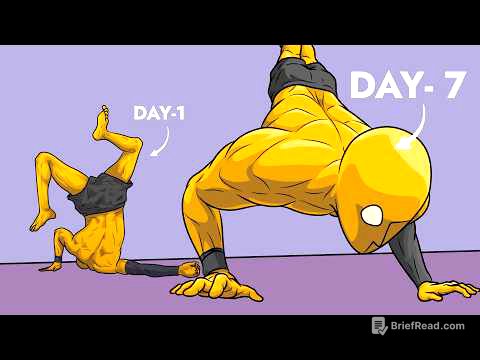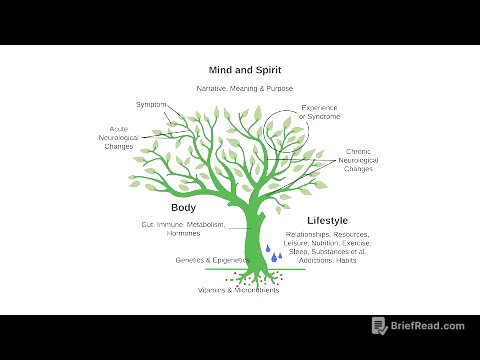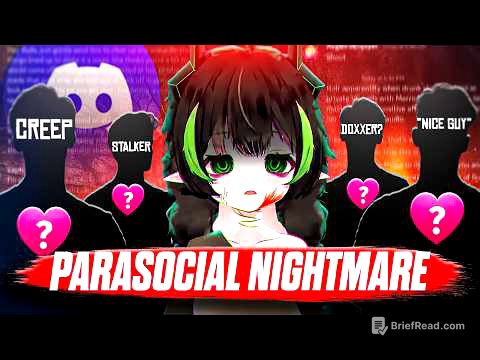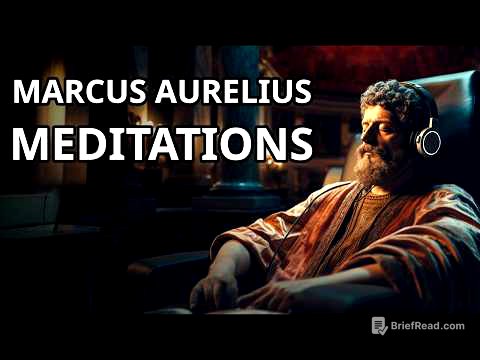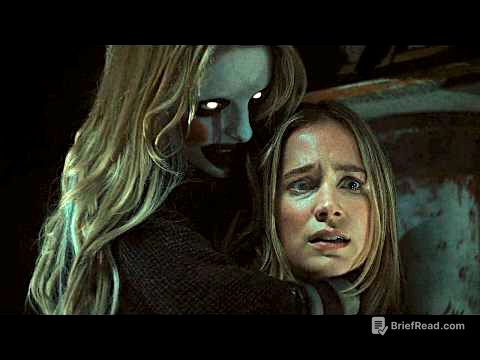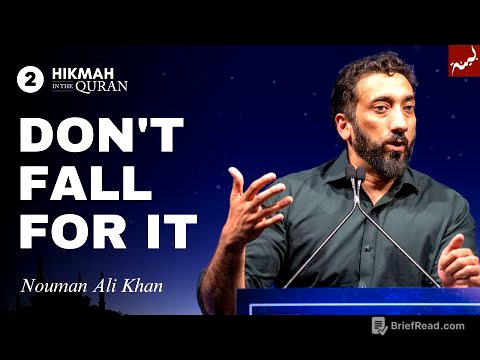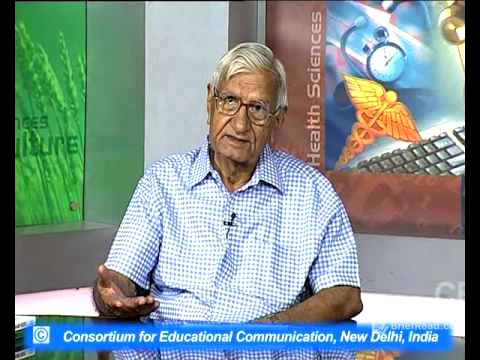TLDR;
In this TEDx Talk, Jim Sciutto discusses the current geopolitical landscape, drawing parallels between today's challenges and those faced in 1939. He emphasizes the choice between freedom and tyranny, highlighting Russia's aggression in Ukraine and China's growing influence. Sciutto warns of multiple new fronts in this emerging conflict, including cyber warfare, space, and nuclear proliferation, and stresses the importance of learning from history to avoid repeating past mistakes. He advocates for standing up for democratic values and interests while seeking diplomatic solutions to prevent catastrophic outcomes.
- The world faces a choice between freedom and tyranny, reminiscent of the challenges in 1939.
- Russia's aggression in Ukraine and China's growing influence pose significant threats.
- New fronts in this conflict include cyber warfare, space, and nuclear proliferation.
- History offers valuable lessons to navigate these challenges and avoid repeating past mistakes.
- Standing up for democratic values and interests while seeking diplomatic solutions is crucial.
Introduction: The Choice We Face [0:19]
Jim Sciutto opens by posing a question about the kind of world we want to live in and the rules that should govern it. He argues that the world faces a choice similar to that of 80 years ago, during the time of D-Day, between freedom and the lack of it. He emphasizes that the decision made then shaped the positive aspects of the world we live in today, highlighting the importance of the choices we make now.
A 1939 Moment: Russia's Invasion of Ukraine [1:37]
Sciutto recounts his experience in Ukraine leading up to Russia's full-scale invasion in February 2022. He describes receiving phone calls warning him about the impending attack and the dangers of staying in Kyiv. He shares a video he took of air raid sirens, noting its resemblance to newsreels from 1939, and reflects on the feeling of living through a moment he thought had been left behind, with a leader redrawing European maps by force.
Warning Signs: Russia's Aggression Over the Years [5:10]
Sciutto explains that Russia's aggression was not entirely unexpected, as he had been reporting on the deteriorating relationship between Russia and the West for years. He recalls Russia's first invasion of Ukraine in 2014, the poisoning of Alexander Litvinenko in 2006, and the poisoning of Viktor Yushchenko in 2004, illustrating Russia's willingness to use extreme measures to impose its will. He notes that the current conflict differs from the Cold War due to the presence of two superpower rivals: Russia and China, who have declared a "no-limits partnership."
The Next Target: Taiwan [9:03]
Sciutto raises concerns about Taiwan as the next potential target and test of the current global order. He shares his experience visiting Taiwan and witnessing their preparations for a potential Chinese invasion. He emphasizes that China is closely observing Russia's actions in Ukraine to assess what it can get away with in Asia.
New Fronts: Cyber, Space, and Nuclear [10:58]
Sciutto discusses the emergence of new fronts in the conflict, including cyberspace and space. He highlights the increasing number of cyberattacks from Russia and China, the development of weapons in space, and the growing nuclear threats from China, Russia, North Korea, and Iran. He warns that the decline in nuclear treaties leaves the world playing "without a net," increasing the risk of catastrophic outcomes.
Lessons from History: Appeasement and the Cuban Missile Crisis [14:46]
Sciutto draws on historical lessons to navigate the current challenges. He quotes Winston Churchill on the dangers of appeasement, arguing that giving in to aggressors only emboldens them. He also references the Cuban Missile Crisis, emphasizing the importance of clear communication, negotiation, and standing up for one's beliefs to avoid the worst outcomes.
An Existential Fight: The Front Lines [18:00]
Sciutto shares his experience on a patrol with NATO forces in the Baltic Sea, highlighting the seriousness with which they are preparing for a potential Russian attack. He emphasizes that for those on the front lines, this is not an intellectual exercise but an existential fight.
Inspiring Moments: Standing Up for Freedom [18:43]
Sciutto concludes with inspiring moments from his time in Ukraine, witnessing the long lines of people volunteering to defend their country. He shares a flag he received from Ukrainian commanders, thanking the U.S. for its support and affirming their commitment to continue fighting for their freedom. He reiterates the importance of standing up for freedom and democracy, recognizing the weaknesses of adversaries, and leveraging the strength of a just cause.
Conclusion: What Kind of World Do You Want? [20:01]
Sciutto ends by returning to his initial question: What kind of world do you want to live in? He advocates for a free world and encourages the audience to consider the kind of world they want for their children and grandchildren.
